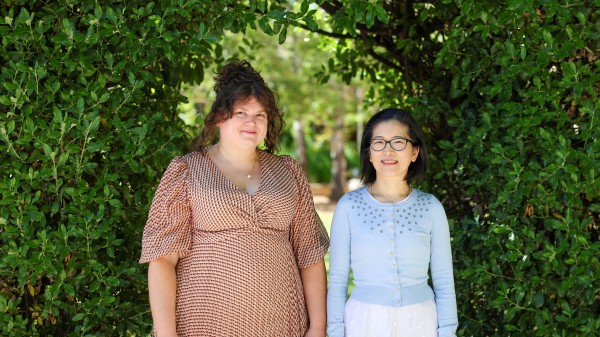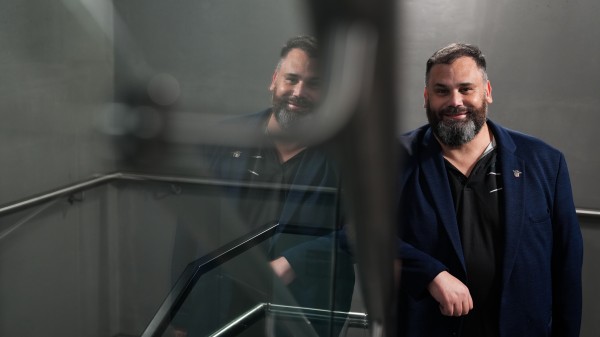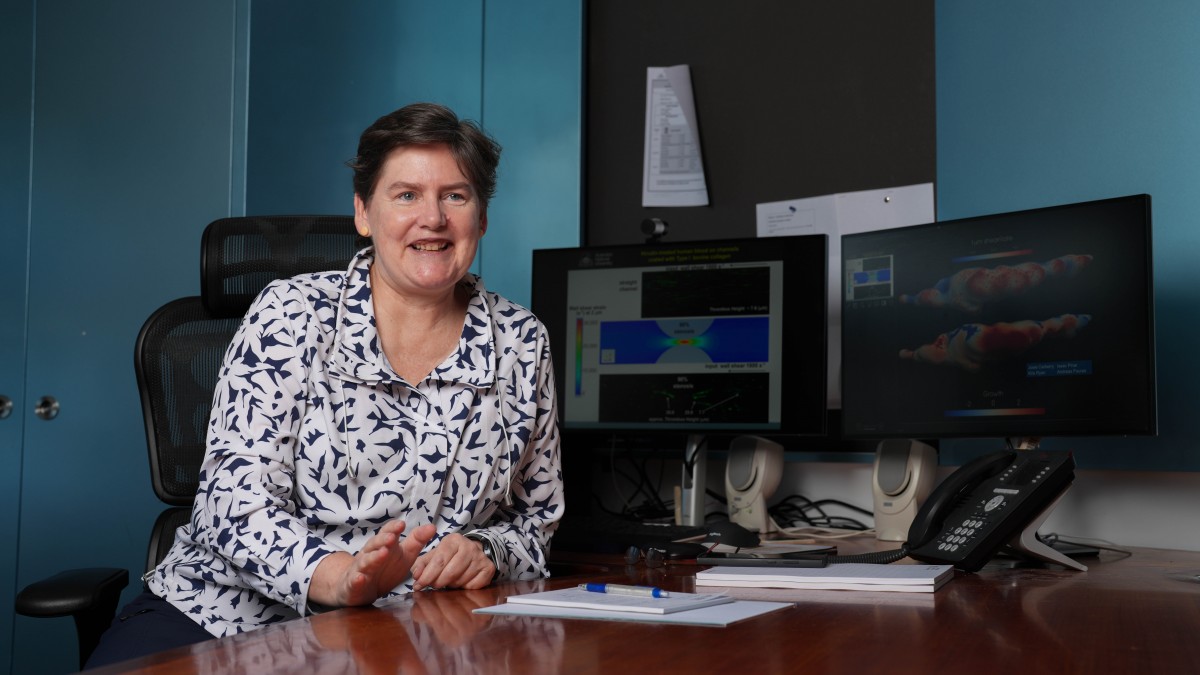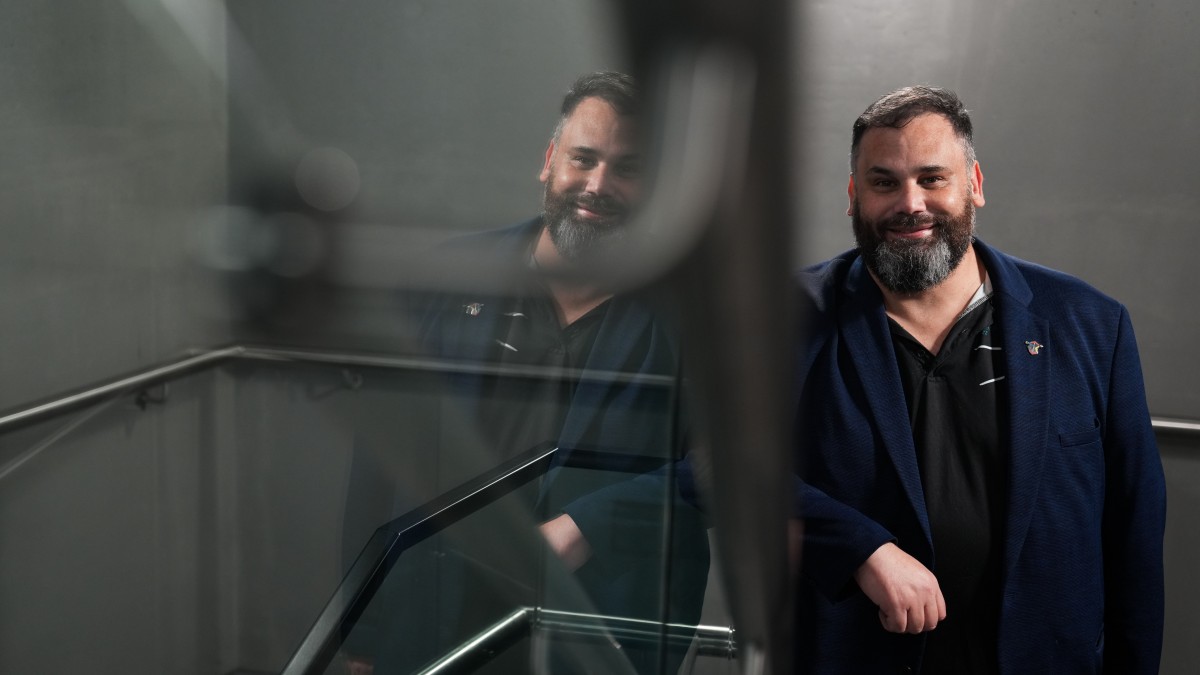As interim Director of the Australian National University (ANU) John Curtin School of Medical Research (JCSMR), Professor Liz Gardiner knows the challenges researchers face. She’s spent her entire career working in fundamental scientific research, pushing the boundaries of discovery science in the pursuit of a better understanding of blood systems, with the goal to ultimately improve human health.
Professor Gardiner moved to ANU in 2016, taking up departmental and then deputy director leadership appointments at the world-famous John Curtin facility. After completing her PhD at Monash University in 1994, Professor Gardiner moved to the United States to take an American Heart Association postdoctoral fellowship at the Cleveland Clinic – a non-profit academic leader in medical research and health care provider – before returning to Australia to continue her research at the Baker Institute in Melbourne. It was here she started working on platelets – the essential little entity in your blood that forms the blood clot.
“When blood clotting goes awry, a level of control is lost: we can get a thrombus which in the wrong place results in a stroke, a heart attack, a pulmonary embolism, or in its simplest form, a deep vein thrombosis,” Professor Gardiner said.
She said she always wanted to work in research, after her Melbourne high school chemistry teacher Doug Couper fostered her love for chemistry and biology.
“I loved learning all those initial phases of chemistry,” Professor Gardiner said.
“The line and length basics around electrons, atomic structure, the periodic table, that was all encapsulated in the first year at high school, and then organic and inorganic chemistry.
“I absolutely love research, and knew I always wanted to work in research.”
And it has led her to the ANU John Curtin School of Medical Research.
“The opportunity for leadership appointments has really helped me enormously, and the opportunity to work in a world-famous facility.
“We’ve had Nobel Prize-winning laureates... you walk past their pictures as you come in every day. The School has got great facilities and support, great resources for my kind of research.”
JCSMR celebrates its 75th anniversary this year, and she's focused on making it a sucess.
As one of the University’s four founding research schools, she said it was important to highlight the facility’s achievements and make some physical changes to demonstrate that.
In addition to the birthday celebrations, Professor Gardiner said she wants to continue to build on what Professor Graham Mann started as previous Director – to bring everyone back together after COVID.
“By the very nature of a lockdown you do lose touch with people, so bringing fantastic researchers, students and the allied professional staff back together is a real focus,” she said.
“I feel we’re still a little fragmented since lockdown lifted.
“Researchers are great people, but they live and survive in a tough environment. They’re usually highly focussed and they’ve got to be a bit grizzled and frayed around the edges, because the competitive landscape of funding is just extraordinary.
“Maybe we need to approach funding in different ways, and not just be fully focused on the money, but more around benefit and how as researchers we delivered during COVID, for example.
“The vaccines didn’t just fall out of trees, they came off the back of 20 years of understanding vaccine development and the nature of these viruses – COVID-19 was new, but we knew about the SARS viruses for some time. Scientists were able to raise multiple effective vaccines in a year which is an extraordinary achievement.
“It’s only because of fundamental science researchers had discovered in the 20-30 years prior that we had the confidence, to say ‘yes, let’s roll this out to the Australian population’.”












